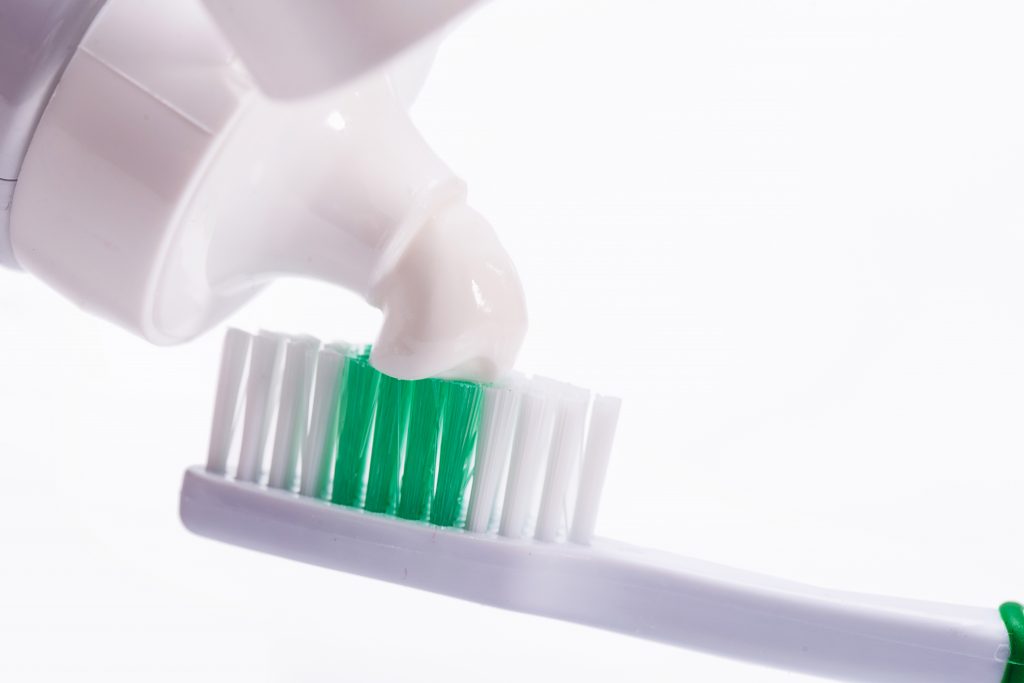Are You Using The Right Toothpaste For Your Teeth?

Different toothpastes are designed for different needs. It’s important to get the right one for the best outcome. Dentist specify the toothpaste to use for particular age groups and specific dental indications. If you want to know if you are using the right toothpaste, here are some indications for using specific types.
Floride toothpastes
It’s always important to choose a toothpaste fortified with floride, a naturally occurring mineral found in foods and water. Floride preserves oral health by protecting teeth from decay. It’s also capable of reversing tooth decay in the early stages. In most areas, the drinking water sourced from the council pipelines has added floride. However, some municipalities don’t add the mineral to their water, all the more reason to buy floride toothpastes.
Unless specified by the dentist, floride toothpastes should be avoided in children under 3 year. Children in this age group may swallow toothpaste and get fluorosis. Above 3 years, children can use floride toothpastes with adult supervision but only a small amount should be used.
Tartar control
When it comes to tartar control, different toothpastes have different capacities. Tartar forms when plaque settles on the teeth. Tartar control toothpastes have chemical compounds like zinc citrate or sodium pyrophosphate that curb the formation of tartar. Sodium hexametaphosphate is also commonly used in toothpastes to prevent the build up of tartar on the gumline. Tartar control toothpastes have one downside, they cannot remove tartar that has already formed on the enamel. Moreover, tartar control toothpastes cannot prevent tartar formation on their own.
Whitening toothpaste
Whitening toothpastes are an alternative to in-office whitening treatment options. The toothpastes are effective but not superior to in-office procedures. Moreover, professional
advice from a dentist should be sought before using whitening toothpastes. Whitening products are known to cause gum irritation, tooth sensitivity and tooth demineralization. Although your teeth may look white, they are left vulnerable to decay and traumatic damage. With professional help, whitening toothpastes can be used effectively without the drawbacks.
Tooth sensitivity
Exposed roots, gum disease, worn out enamel, damaged fillings cracked or chipped tooth cause mom seetooth sensitivity. Channels in the dentin that communicate with the nerves in your teeth cause tooth sensitivity especially when hot,cold, sweet or acidic food gain access. Tooth sensitivity toothpastes fill these channels and allow consumption of triggering foods. When you have tooth sensitivity due to tooth decay or a chipped tooth, it’s advisable to see your dentist, since toothpastes don’t solve the underlying problem.
Dentures
Ordinary toothpastes should not be used on dentures. The abrasive particles in the toothpaste can easily damage the dentures. Non abrasive denture cleaners should be used instead. Moreover, bleaching products should never be used.
Toothpaste and braces
Ordinary toothpastes can be used on braces. Food particles and debris are easily trapped on braces. As a result, there is an increase in the surface area that needs cleaning. Ordinary toothpastes that contain floride and offer tartar control are good for braces. For patients using invisalign there is still no need for specialized toothpaste.
It’s important to use the right toothpaste for your teeth. The results depend on it.